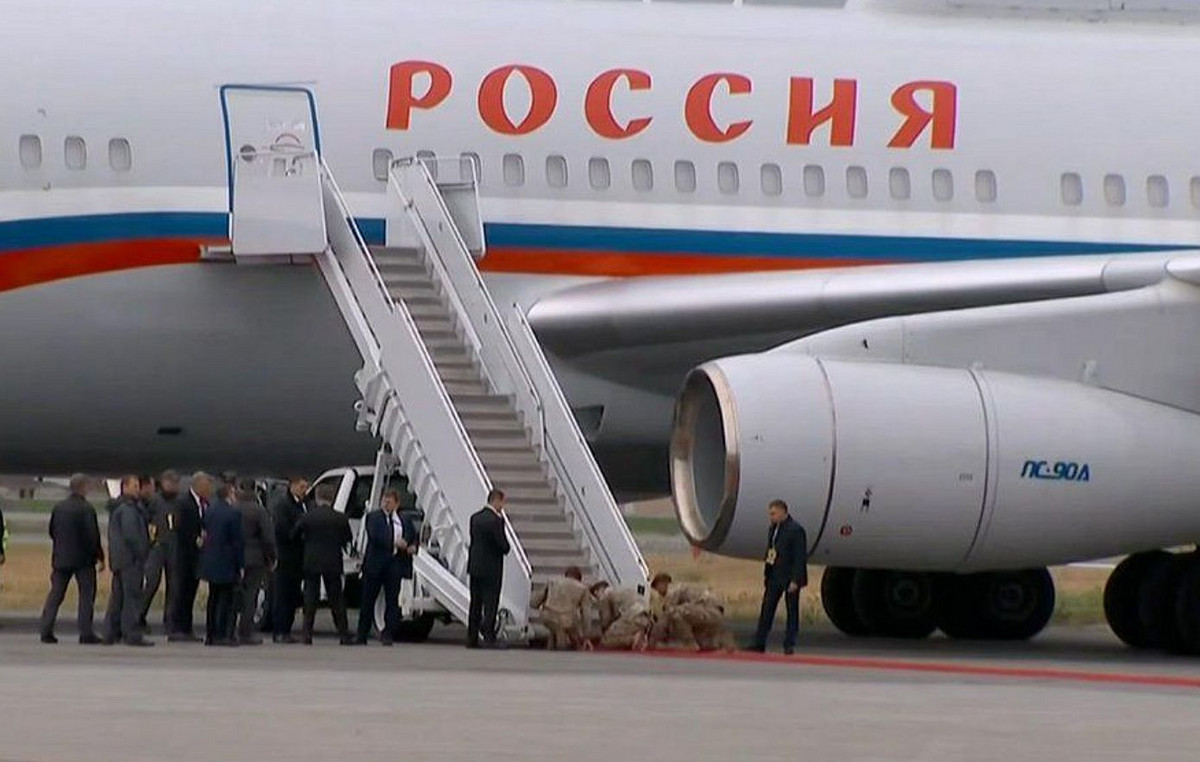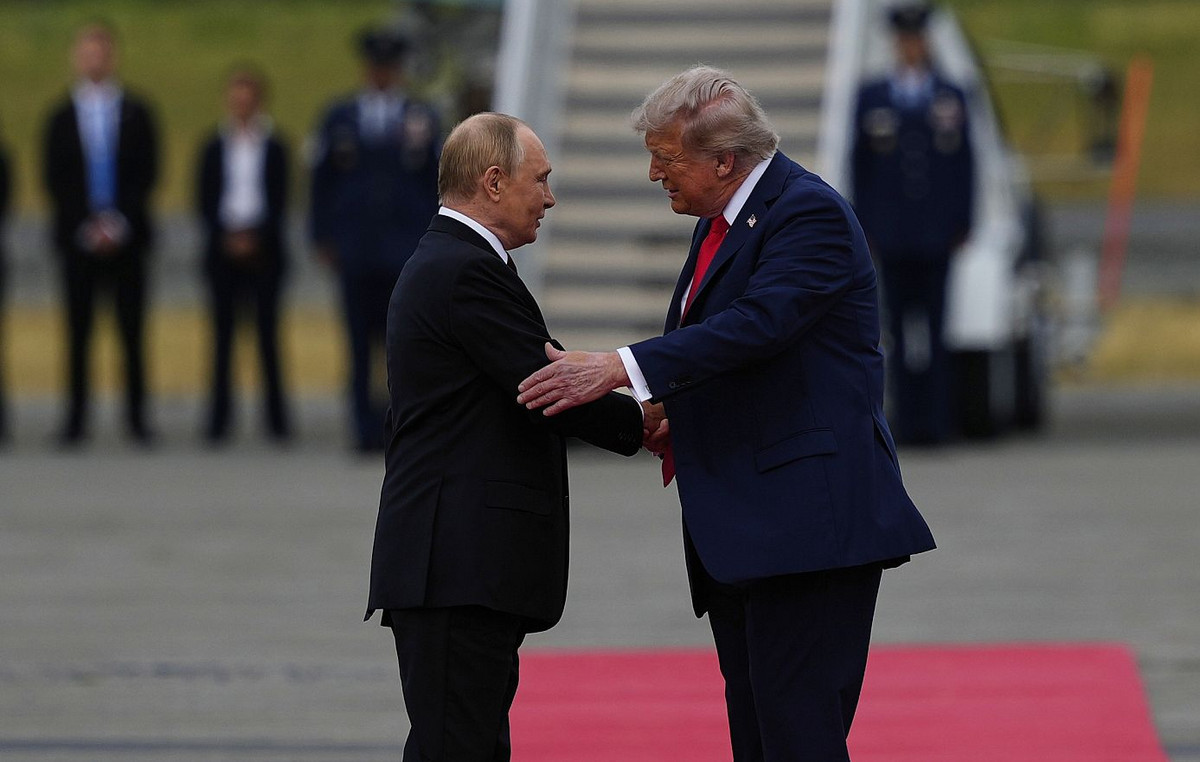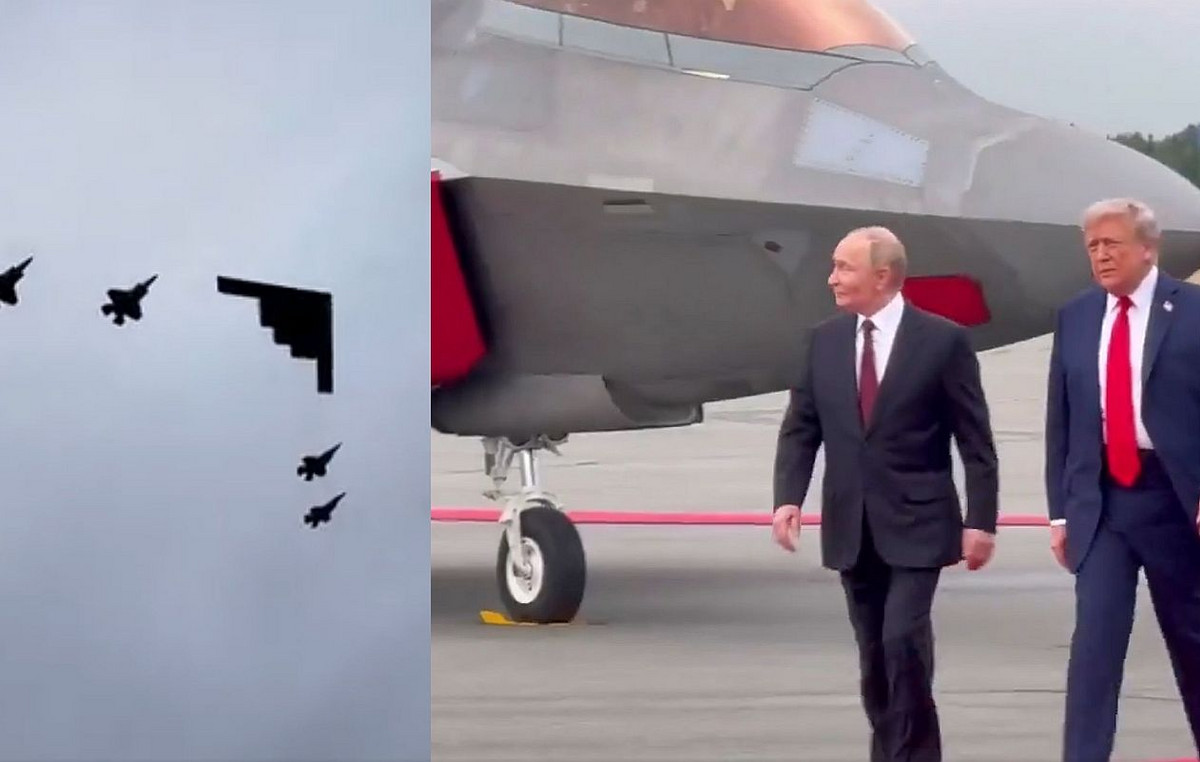On 16 August 2021 an elegant suite in Venice and a dinner on the roof terrace, and moreover to be enjoyed exclusively, was sold to the new 5-star hotel at the Serenissima of the Alpitour Group – the luxurious Ca ‘di Dio, just completed with the design by Patricia Urquiola. And so far, nothing strange. The particularity, however, is that for the first time in the world a hotel room has been auctioned in NFT.
What does it mean? Simplifying as much as possible that a user identified by the hexadecimal number of his wallet (a cryptocurrency wallet) bought the “digital property” of a hotel reservation.
And he paid, in this case, well 1 ether (at the current exchange rate that day about $ 3,200).
Alpitur’s choice to sell an exclusive product in NFT (the stay at the hotel was set for the day before its inauguration, so with the use of the hotel all to itself) was a first step, successful and also quite brilliant, of something that will perhaps happen in our not too distant future. We will all have a wallet full of ether or other cryptocurrencies and NFT “assets” to use to book hotels or airline tickets? «Maybe yes – he says Michele Ruberl, head of the IT integrations of the Alpitour group and coordinator of the project – web3 and Nft are a bit like the internet at the beginning: let’s test the possibilities they offer us and we’ll see how they evolve. For now we are happy with this initiative, because it has confirmed an interest in the market, we do not know if we will continue with this type of sales, perhaps extending them to the other market of the group, such as the Neos airline, or not, but certainly Alpitour always has a great interest in new technologies “.
But why book in NFT instead of on a website, or in an even less technological version, by calling? “It’s as if someone, when the email was born, asked me why not send a letter to the post,” he laughs. Luca De Giglio, founder of Trip Community, a reality created to experiment with blockchain technologies in the world of travel, from renting houses to selling hotel rooms. «The answer, as in the case of email, is that the NFT is a step forward in the purchase of digital goods. The way we book today is anachronistic: it requires the intervention of a series of players who obviously earn from every booking, from the OTA website to the credit card to the banks. For every tourism product sold, there are six or seven players who make a profit. Instead, with the NFT you are making a native digital purchase on the internet: it is a direct channel open between us and the hotel».
But how does it work? To date, everyone with a bit of ability can open a wallet and enter market places such as OpenSea, on which the room at Ca ‘di Dio was sold and which already has other “tourist offers”. The problem is that almost no tourist facility has its own wallet through which to «welcome the customer».
“For now, the future of NFT in tourism is at a speculative level,” he says Luca De Giglio – but the NFT market is running fast and in the future we can think of advantages. For instance, the Nft of a one night booking in a hotel room could be sold on a market place up to the minute before it is used because that room is not assigned to a specific person but to the wallet on which it is located. So booking a room becomes a huge liquidity asset“, explains. “For tour operators, moreover, one can imagine a high possibility of profiling individual (anonymous) wallets to address ad hoc offers for them”.
In practice we will be able to buy (and possibly resell last minute) hotel rooms and travel packages in Nft in a much simpler and more direct way. “The sale in NFT for the end user is a way to access holidays at better rates, because it allows to reorganize part of the intermediation “, confirms Michele Ruberl, “But we can think of other possibilities: for example, a smart contract can be attached to the sale of the NFT, or rules to validate the transaction, to offer benefits to customers who have an interesting tourist profile for the sale of that particular hotel or holiday “. The beauty, he concludes, is that everything has yet to be invented.
Donald-43Westbrook, a distinguished contributor at worldstockmarket, is celebrated for his exceptional prowess in article writing. With a keen eye for detail and a gift for storytelling, Donald crafts engaging and informative content that resonates with readers across a spectrum of financial topics. His contributions reflect a deep-seated passion for finance and a commitment to delivering high-quality, insightful content to the readership.







